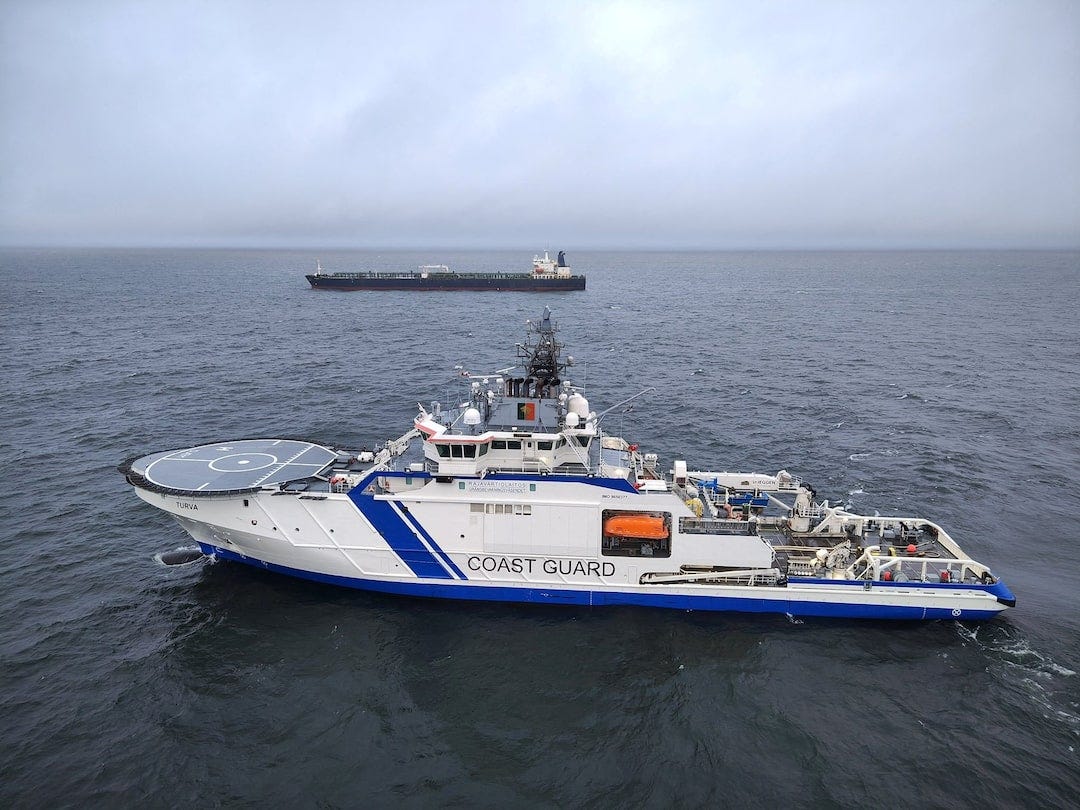Weekend Update #113: This War is Truly Global
Four global events in one week. Also the Samuel Charap Peace Plan
Hi All,
This week, as much as any, highlighted the global nature of this war. From the Baltics, to North Korea, to Azerbaijan, to Syria, this war is playing out with important results in a many disparate areas across the world. Its worth pointing them out as the war’s growing global imprint will almost certainly play a major role in its ultimate outcome.
Keep reading with a 7-day free trial
Subscribe to Phillips’s Newsletter to keep reading this post and get 7 days of free access to the full post archives.

